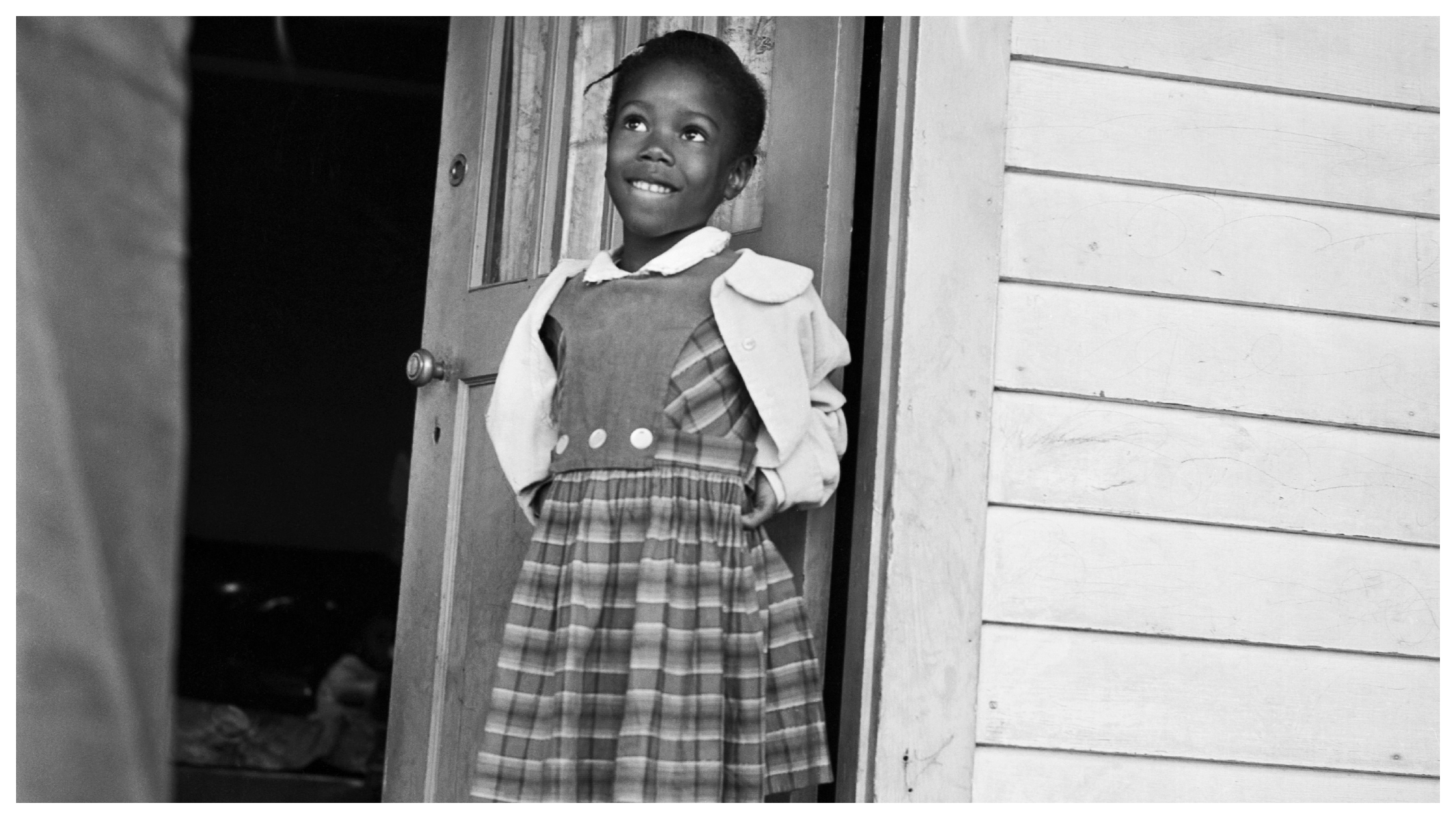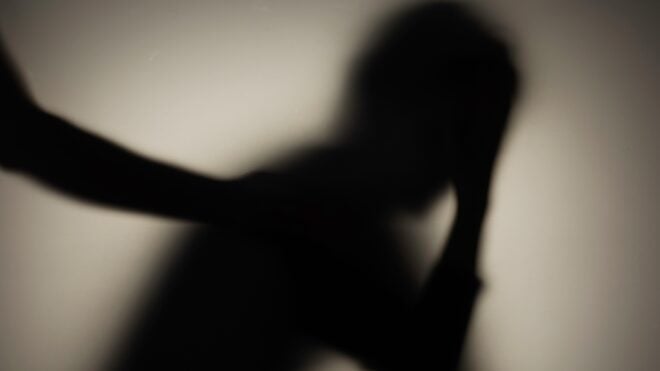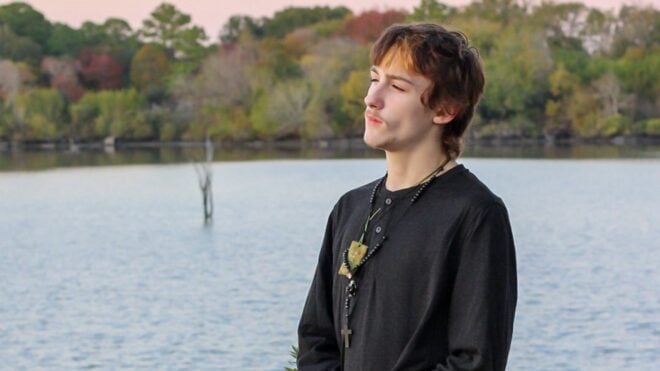
If we don’t learn from our history, we are doomed to repeat it. Some people want to make that learning harder than necessary. An elementary school in Florida recently banned a film that would teach important lessons about the civil rights movement.
After a parent complained about the film Ruby Bridges, which was shown at North Shore Elementary, the district temporarily banned it pending review. Sixty second graders with permission slips already have watched the film. The parent in question believes the film teaches how “white people hate black people.”
The banned film tells the real-life story of the title character Ruby Bridges. She is a civil rights activist. In 1960, at just 6 years old, she was the first African American student to desegregate the all-white William Frantz Elementary School in New Orleans. She faced horrible racism and had to be escorted to school by federal marshals.
The film was shown on March 2, 2023. Two students were not allowed to watch the movie at the request of their parents. One of these parents went on to watch the film themselves. They turned it off after 50 minutes and complained to the school. They objected to the way white people were portrayed and the use of racial slurs.
More from LittleThings: Exploring Black History Through Family-Friendly Films
The complaining parent wanted the district to remove the film from the school’s approved movie list. Instead, the district temporarily barred it and will have a committee review it at a later date. Pinellas County Schools officials did not want to act based on one parent's complaint alone.
Isabel Mascareñas, Pinellas County Schools public information officer, stressed that parents were provided with a link to the film’s trailer. “It was communicated with the parent that the school would not have any future showings during this school year as the movie had already been shown,” she said. The film is available via the district’s licensed movie library for those who wish to watch it.
The 1998 Disney film should be seen. It was directed by Euzhan Palcy with a screenplay by Toni Ann Johnson. It won a Christopher Award and a Gold Apple from the National Educational Media Network. It also received a nomination for a 1999 NAACP Image Award for outstanding television movie or miniseries.
This is not the first time Pinellas County Schools has banned art attempting to teach Black history. Earlier this year, the district banned Toni Morrison’s novel The Bluest Eye from its high schools. This took place after a parent complained about the rape scene.
Many have spoken out about this, including Ric Davis, the president of the Concerned Organization for Quality Education for Black Students. “Many from historically marginalized communities are asking whether this so-called integrated education system in Pinellas County can even serve the diverse community fairly and equitably,” he said.
“Isn’t it curious that the district purports to value ‘cultural competency’ and ‘integrity,’ encourage the celebration of Black History Month and within three months, ban a book by an award-winning Black writer and a film on the life of a 6-year-old Black girl attempting to obtain a quality education while facing death threats and racial epithets?” asked Goliath Davis III, the former police chief in St. Petersburg, Florida.
The banning of Ruby Bridges and The Bluest Eye is indicative of a larger statewide educational problem. The Stop WOKE Act was signed into law last year by Florida Governor Ron DeSantis. It censors race-inclusive teaching. DeSantis also prevented Advanced Placement African American Studies courses from being taught in Florida high schools.




